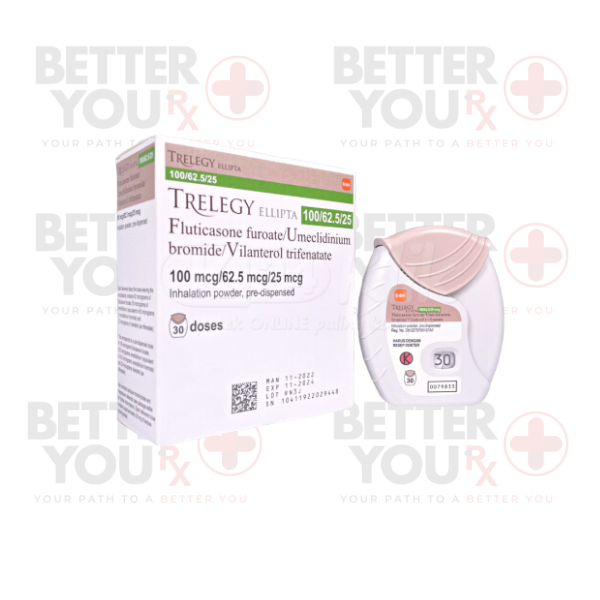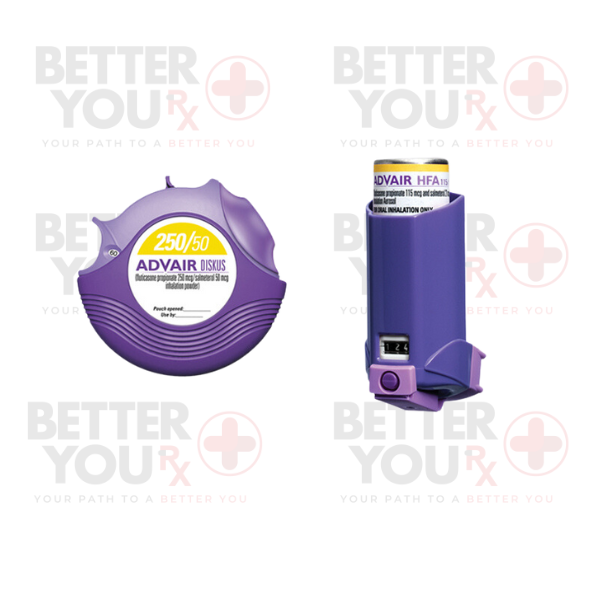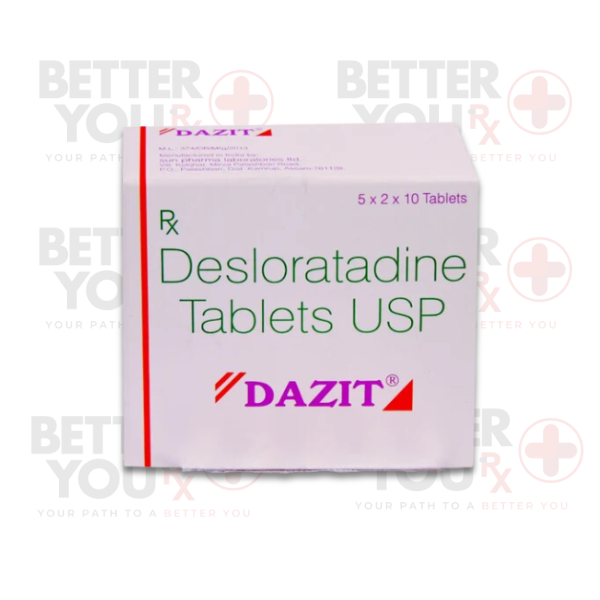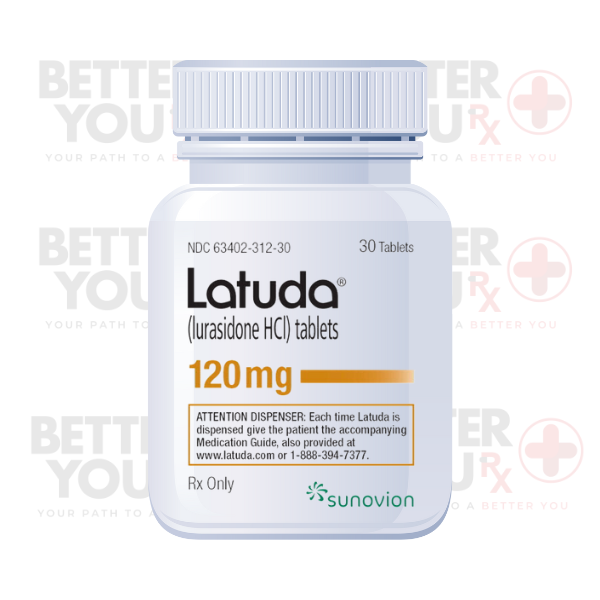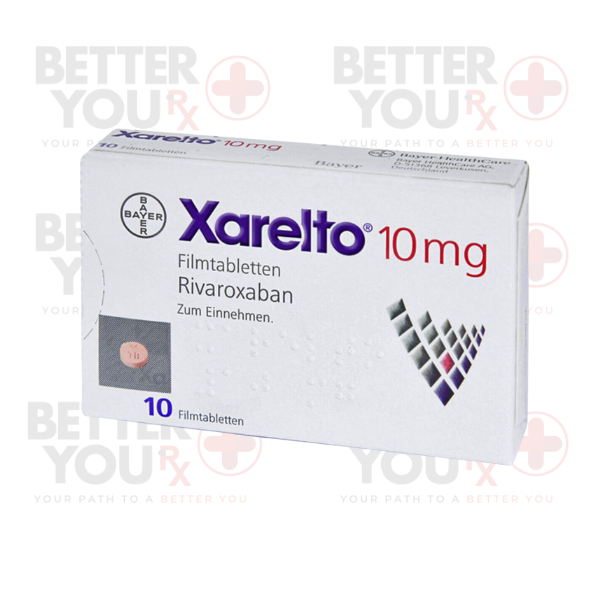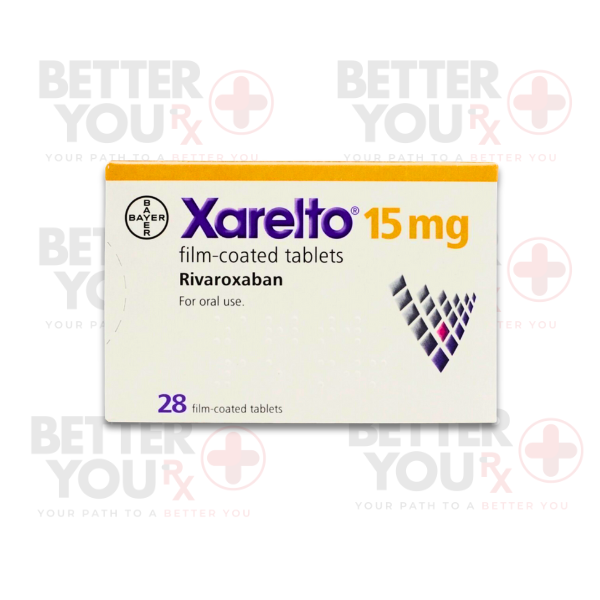| Usage |
Usage:
1. Epilepsy Management: Topiramate is commonly prescribed to individuals dealing with epilepsy. It helps control different types of seizures, including primary generalized tonic-clonic seizures (formerly known as grand mal seizures) and partial onset seizures. This medication can be taken alone or as part of a combination therapy to manage epilepsy effectively.
2. Migraine Prevention: Topiramate is also employed to prevent migraine headaches. However, it's essential to note that it doesn't relieve the pain associated with migraines during an attack. Instead, it aims to reduce the frequency and severity of migraine episodes.
Topiramate comes in various forms, including tablets, sprinkle capsules, and extended-release capsules. The method of administration, dosage, and frequency may vary based on the specific medical condition being treated and individual patient needs.
It's crucial to follow your healthcare provider's instructions and the directions on your prescription label precisely. Do not alter the dosage or frequency without consulting your doctor. Your healthcare provider will likely start you on a low dose and gradually adjust it as needed for optimal therapeutic results.
Continue taking topiramate, even if your symptoms improve. This medication helps manage your condition but does not provide a cure. Suddenly discontinuing topiramate may lead to severe seizures, even if you haven't experienced them in the past. If you and your healthcare provider decide to stop treatment, it should be done gradually under medical supervision.
|
| Side Effects |
Side Effects:
Topiramate may cause various side effects, with some being mild and others more serious. Common side effects that are usually mild and may diminish as your body adjusts to the medication include:
• Slowed reactions
• Nervousness
• Headache
• Drowsiness
• Weakness
• Involuntary tremors or shaking in a specific part of the body.
• Uncontrollable eye movements
• Weight loss
• Constipation
• Heartburn
• Change in ability to taste food
• Dry mouth
• Nosebleed
• Teary or dry eyes
• Back, muscle, leg, or bone pain
• Missed menstrual periods
• Excessive menstrual bleeding
Nonetheless, certain side effects can be serious and necessitate prompt medical intervention. If you experience any of the following symptoms, contact your doctor promptly:
• Blurred vision or loss of vision
• Double vision
• Eye pain or redness
• Worsening of seizures
• Experiencing sensations of coldness, chills, or a drop in body temperature
• Difficulty concentrating
• Difficulty articulating words, particularly struggling to recall specific terms
• Confusion
• Memory problems
• Loss of coordination
• Pounding or irregular heartbeat
• Chest pain
• Shortness of breath
• Trouble breathing
• Fast, shallow breathing
• Incapacity to react to one's surroundings
• Excessive tiredness
• Diarrhea
• Nausea
• Vomiting
• Stomach pain
• Loss of appetite
• Intense back or side pain
• Bloody, cloudy, or foul-smelling urine
• Constant need to urinate
• Difficulty urinating or pain during urination
• Fever or signs of infection
Additionally, topiramate use may be associated with the development of conditions such as osteoporosis in adults and rickets (abnormal, curved bone growth) in children. It may also slow down the growth of children and affect their final height. It's essential to discuss the potential risks and benefits of topiramate with your healthcare provider.
|
| Storage |
Storage:
Proper storage of topiramate is essential to maintain its effectiveness and prevent any adverse effects. Here are some storage guidelines:
• Keep the medication in its original container, tightly closed, and out of the reach of children.
• Store tablets and extended-release capsules at room temperature, away from excess heat and moisture (avoid storing them in the bathroom).
• For sprinkle capsules, store them at or below 77°F (25°C).
• Do not keep broken tablets, capsules, or mixtures of sprinkles and soft food for an extended period; use them promptly or discard them.
• Store the medication out of sight and reach of children, as some containers may not be child-resistant, and young children can open them easily.
• Avoid flushing the medication down the toilet; the preferred method of disposal is through a medicine take-back program. Consult your pharmacist or local garbage/recycling department to learn about such programs in your community.
|
| Precaution |
Precautions:
Before starting topiramate treatment, consider the following precautions:
• Inform your doctor and pharmacist about any allergies you have, whether related to topiramate, other medications, or ingredients present in topiramate tablets, sprinkle capsules, or extended-release capsules.
• If you have metabolic acidosis and are taking metformin, consult your doctor. Combining these medications may not be advisable in the presence of metabolic acidosis.
• Provide a comprehensive list of all prescription and nonprescription medications, vitamins, nutritional supplements, and herbal products you are currently taking or plan to take. Mention specific medications, such as antidepressants, hormonal contraceptives, or anticonvulsants, as they may interact with topiramate.
• Discuss your medical history with your healthcare provider, particularly conditions like kidney stones, osteoporosis, diabetes, glaucoma, respiratory diseases, depression, growth problems, or liver and kidney disease.
• If you are pregnant, considering pregnancy, or currently breastfeeding, please consult your healthcare provider. Topiramate may pose risks to the fetus, so appropriate birth control measures should be discussed and implemented during treatment.
• If you are scheduled for surgery, including dental surgery, inform the surgeon or dentist about your topiramate medication.
• Be cautious when operating vehicles or machinery, as topiramate may cause drowsiness, dizziness, confusion, or difficulty concentrating.
• If you drink alcohol, follow your doctor's advice regarding alcohol consumption while taking topiramate. For instance, it may be recommended to avoid alcohol within a specific timeframe before and after taking extended-release capsules.
• Be aware that topiramate can affect your ability to sweat and regulate body temperature, potentially making it challenging to cool down in hot weather. Pay attention to signs of overheating and fever and ensure you stay hydrated.
• Take measures to prevent kidney stones by drinking an adequate amount of water daily.
Lastly, be mindful of any changes in your mental health while taking topiramate. Some individuals may experience alterations in mood or exhibit suicidal thoughts. It's crucial to promptly report any unusual changes in behavior or mood to your healthcare provider, ensuring appropriate evaluation and support.
|




